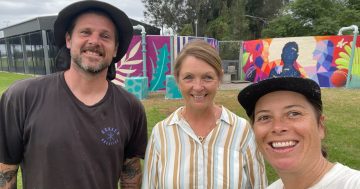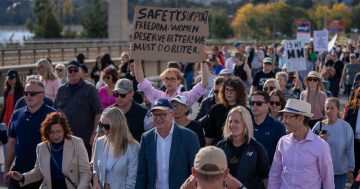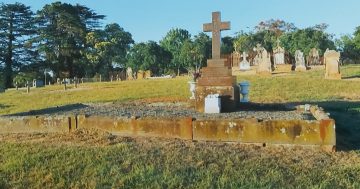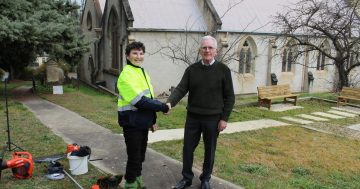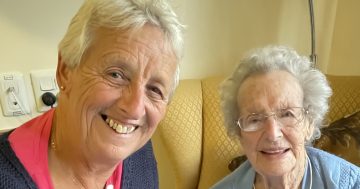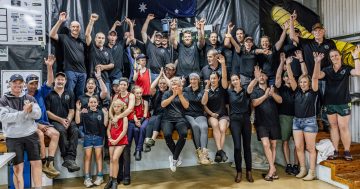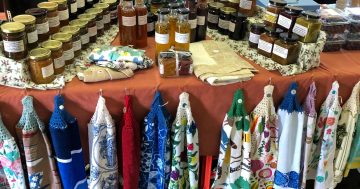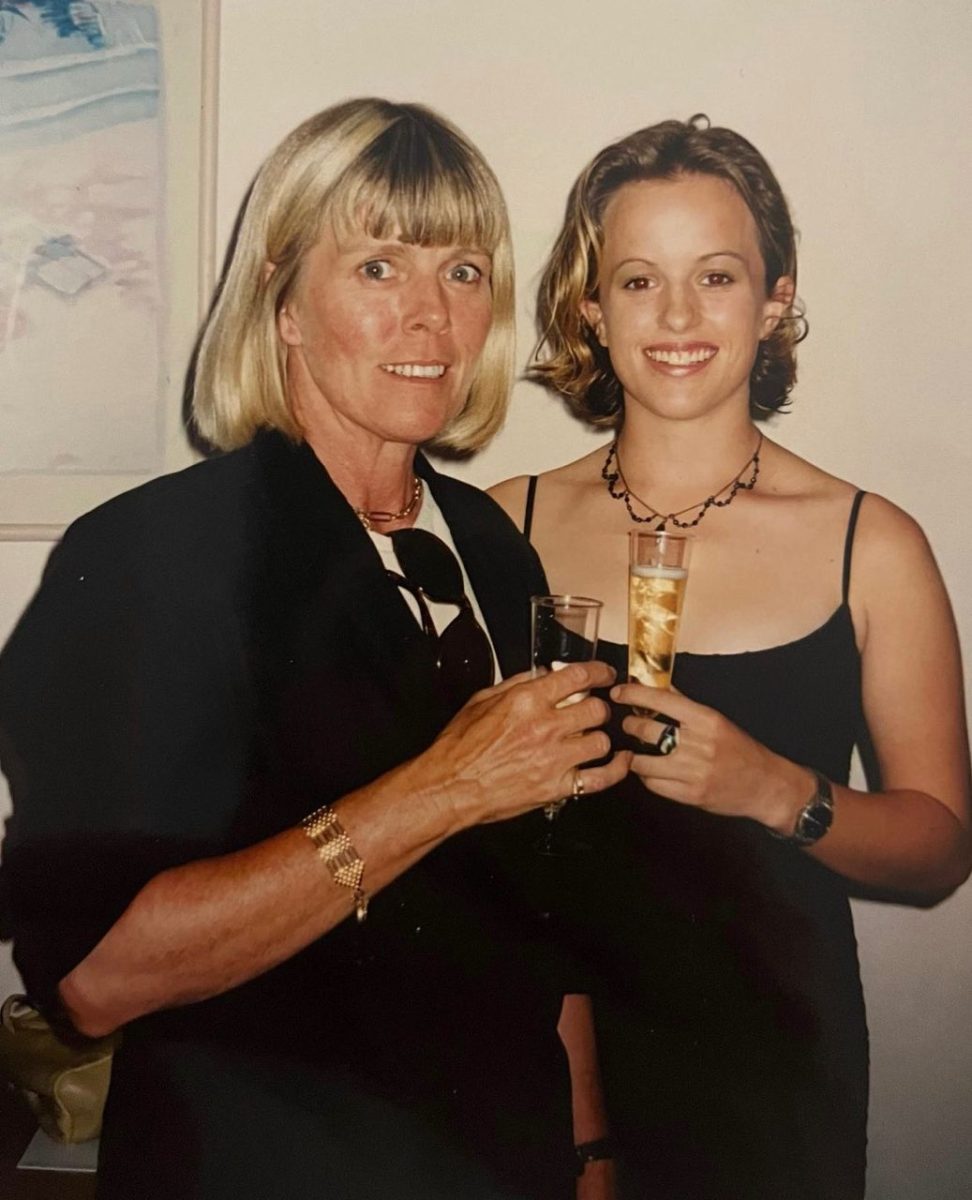
Katie Walker of Yass with her daughter Jessica. The Walker family wants to ensure mental health services are available for everyone who needs them – particularly young people in the regions. Photo: Supplied.
CONTENT WARNING: This article discusses suicide and may distress some readers.
Jessica Walker was the sort of young woman who could light up a room. Vivacious, bright, sporty – she loved horses, dogs and people. She also suffered psychotic episodes.
Twenty years ago, after suffering such an episode, Jessica was placed in a psychiatric ward. She’d been there for eight days. Her family, parents Katie and Michael Walker, sister Tor and brother Alex, of Yass, had been told earlier that she’d need to be there for months. So when doctors told them on that eighth day that she could go home, Katie was surprised, not quite believing it. As her mother, few knew Jessica better.
But Jessica was sent home, with little more than a few days worth of medication. Her family was given no advice on how to care for her.
The next day, Katie knew something was wrong. Jessica was behaving erratically, telling her mother she was going on a picnic.
While she was waiting for Jessica to come back, Katie heard an ambulance scream by towards the nearby Barton Highway. Later, a white car came up the driveway, Katie assuming it was a friend – until a policeman got out of the car. She knew the officer who asked her where her husband was and suggested he speak to them together.
The policeman told them Jessica had been found dead on the Barton Highway. The ambulance her mother had heard earlier was for Jessica.
Twenty years on, not a day goes past that the Walkers don’t think of their Jessica.
For Tor Walker, now Benjafield and a mother herself, losing her sister never gets easier. When Jessica died, she said it was the first time she had seen her father cry. She attributes her survival through the tragedy to the strength of her parents, their resilience and their support.
Today, Tor works with young people living with mental health issues.
“Jess died when I was finishing Year 12,” Tor said. “I had already decided that I wanted to do nursing, but perhaps subconsciously it had to do with Jess’s condition.
“I remember reading Jess’s hospital notes at the time. It showed she was clearly unwell but because it said she came from a good family, they sent her home – despite her saying to them she didn’t want to go home.”
For the Walkers, Jessica’s death was never going to be in vain. For them, educating people about mental illness was the key.
Tor and her mother had spoken to groups of people about Jess, but they wanted to do more. A school friend of Jess’s – Sascha Estens, now a film-maker – spent hours talking to Jess’s family about the young woman’s life and death. The result is the following video.
It’s a raw, heart-breaking story about not only the tragedy of a young woman with seemingly everything to live for taking her own life, but of what she left behind for family and friends.
“The fact we knew Sascha was important,” Tor said. “It made it so much easier for us to speak to her.
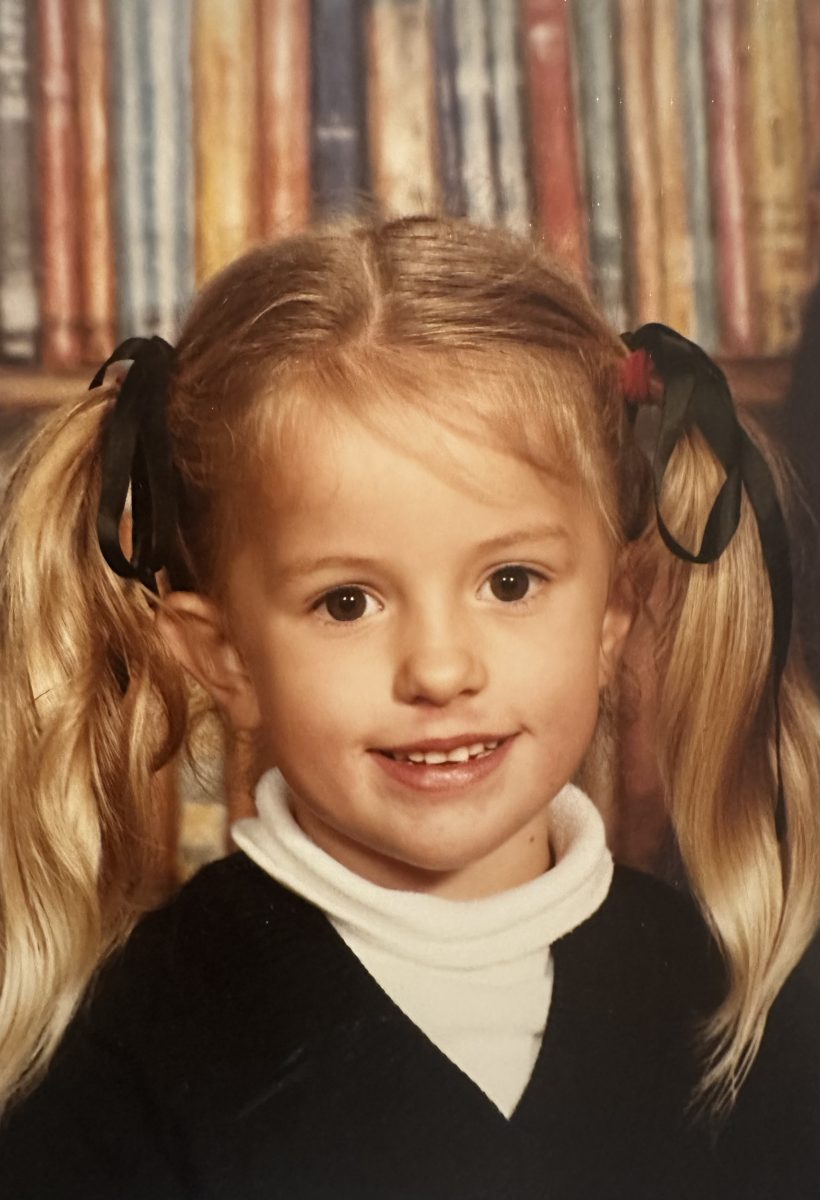
As a young girl, Jess Walker spent an idyllic early life on her family’s property at Yass. Photo: Supplied.
“Today, working with young people with mental health issues, I can see now so many early indicators of how Jess was,” she said. “If we had more education about mental illness back then we could have picked up more on those indicators and intervened earlier.
“I remember one day when Jess decided to cut all her hair off. Back then, it was probably thought of as just something quirky that she did, but now you realise how much more it was than that.”
Tor said her family wanted to do something to help other people who may be struggling like Jess, particularly people in rural areas where there were fewer services available.
They have created Hand to the Land, with the aim of raising funds to support the Country Education Foundation (CEF) to provide Mental Health First Aid Australia’s education courses to, initially, 300 members of the rural community.
The scholarships, in Jess Walker’s name, will help people study and work in the mental health sector.
More information is available on the CEF website.
If you or someone you know needs help, you can contact:
Lifeline’s 24-hour crisis support line – 13 11 14
Suicide Call Back Service – 1300 659 467
Kids Helpline – 1800 551 800 or kidshelpline.com.au
MensLine Australia – 1300 789 978 or mensline.org.au.







